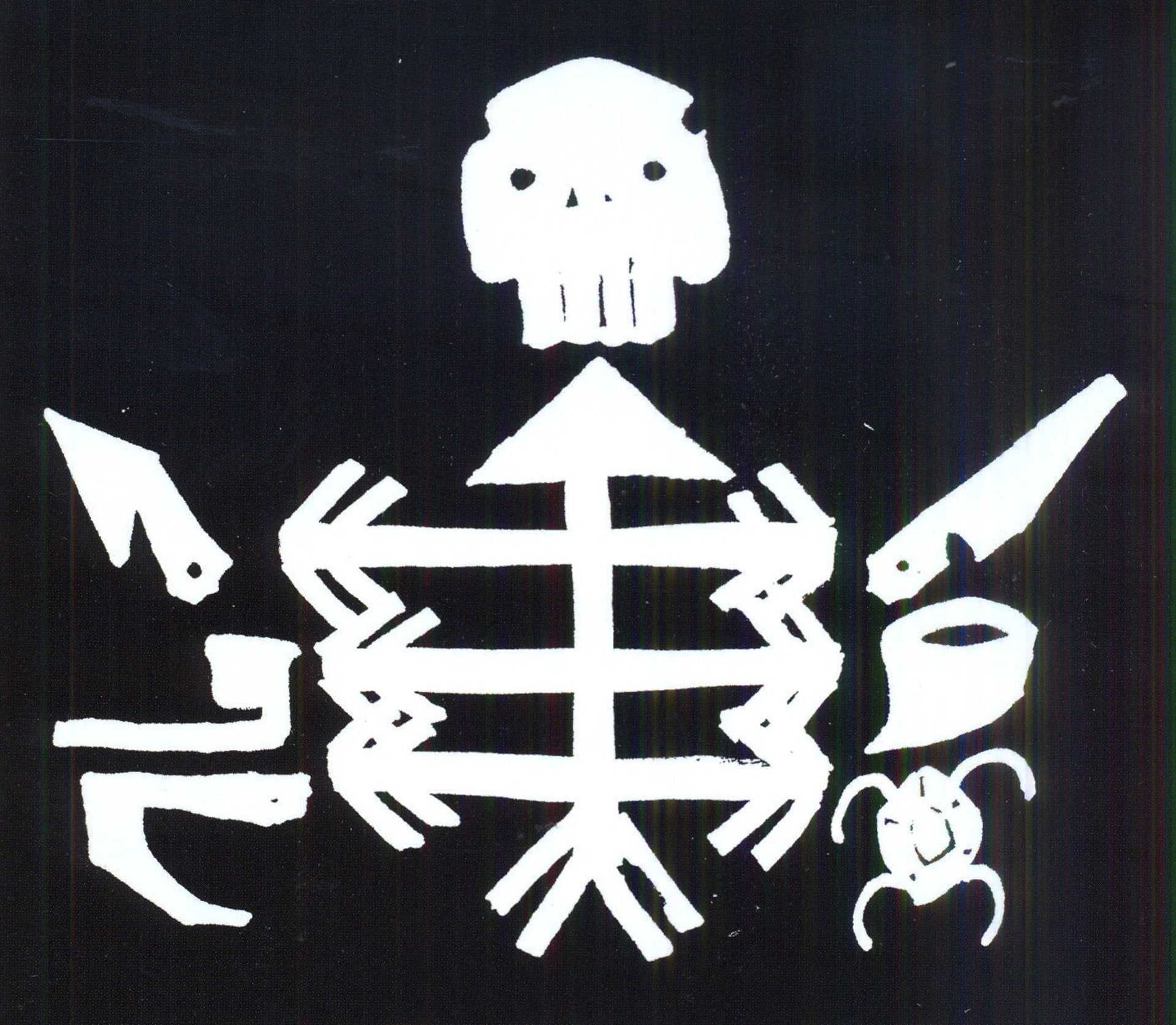
Post-subcultural Noise: Tomas Hemstad recommends Cut Hands’ Black Mamba
So, I’m at Berghain, dancing away to Cut Hands. William Bennett’s shirt is open and he’s bobbing his head to the rhythm when this young guy standing behind taps me on the shoulder. “Who is this guy?” the stranger asks. I blurt out something about him being in a fairly well-known noise project. Which of course is a gigantic understatement.
Whitehouse gave birth to a whole genre of noise—power electronics—and redefined the landscape of extreme music forever. With the explicit intent of creating “the most extreme music ever recorded”, they tackled fascism, violence, child abuse and misogyny in a way that left their real motives perfectly open. While they pick up the torch from earlier projects like Throbbing Gristle, the inspiration came from what—in Bennett’s opinion—P-Orridge and co. didn’t achieve: creating a non-music so abject that it was sure to alienate most potential listeners.
Besides the constantly repeated story of how punk led to new wave led to indie, there’s the (much more true and important) story of how the nihilism and confrontation of punk lived on in the industrial scene only to reborn in to genres like grindcore and black metal. Whitehouse didn’t piss off your mother, because your mother had never heard of them. Whitehouse pissed off intellectual scenesters who had no way of coping with the onslaught of obscenities hurled towards them.
By not only using offensive imagery, but reveling in it, Whitehouse took aesthetics of power, abuse and violence to a level which makes provocateurs of the coming generations look about as confrontational as lolcats.
Sure, whole scenes like Rock Against Communism were to follow but musically that was mostly semi-literate street punk with Nazi lyrics. Besides, there was no ambiguity, no mystery and therefore no real immersion in those schools of music. Only shitty politics and shitty music.
In the ’90s Bennett’s interest in Haitian and African music seeped into Whitehouse and infected it with new rhythm structures. Two of the songs from the first Cut Hands LP were even released under the Whitehouse banner before this new persona emerged.
But even if the progression from Whitehouse to Cut Hands was a gradual motion, it still represents two separate eras of music: the subcultural and the post-subcultural. For while Whitehouse might have broken more new ground in a musical archivists eyes, the audience dancing to the feverish beat inferno that Bennett projects at Berghain represents a generation for whom imagery is skin deep, subculture is cosplaying and identification is a completely fluid feeling.
My husband, who grew up in ’80s deathrock and industrial culture, in act-up and queer nation, told me a while ago that subculture was dead: “These kids don’t invest in it”. I think he’s partly wrong and partly right. Subculture is most certainly alive but subcultural allegiance, being true and following the rules is becoming a thing of the past. Hashtag genres like witch house and seapunk appear and disappear before the general Mojo-reading public even learns what they are.
And while subcultural purism has an attractive uniformal vibe, the dissolution of subculturalism opens the doors to far more interesting crossbreeds.
Simply put: like any time in history, music is at its peak right now. The music industry is a drip-fed dying giant, and your only two choices as a young musician is being on a TV talent show or being alternative—the only alternative. You’re either Burzum or Katy Perry; the in-betweens are disappearing faster than you can say Arcade Fire.
In that context, rather than being the property of a few hardline subculturalists, Cut Hands belong to anyone interested in rhythmic, trance inducing music. You can’t dress like a fan of Cut Hands, and by saying you are into the music of Cut Hands you are not implying that you might be into any other band of the same ilk. The only unity or sense of belonging you will find in the music of Cut Hands is when you find yourself dancing to their music at Berghain and someone taps you on the shoulder and asks, “Who is this guy?” ~
Cut Hands’ Black Mamaba is out now on Very Friendly.
Published December 10, 2012. Words by Tomas Hemsted.
